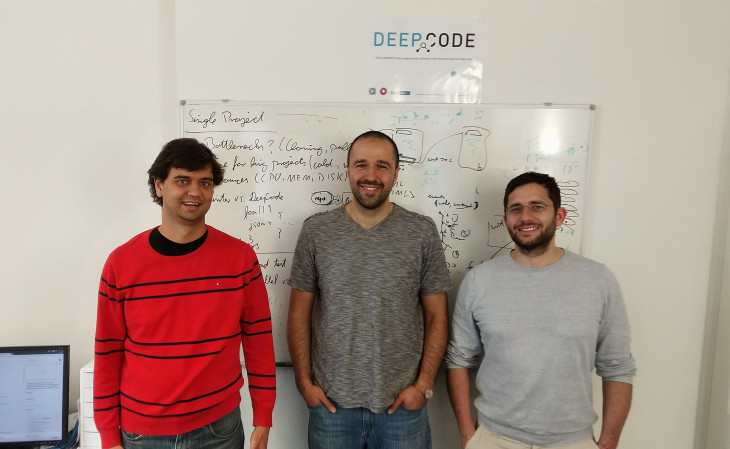Last Updated on 10/08/2019 by TDH Publishing (A)
We’re quickly approaching an extent where each company is effectively a software company, a notion proffered by some of tech’s top people like Microsoft CEO Satya Nadella. This is partially why we have seen a slew of major investments into tools that facilitate developers operate — last year, as an example, Microsoft went all-in and snapped up code-hosting and collaboration platform GitHub during a $7.5 billion deal, while GitLab raised huge funds from big-name investors including Alphabet’s GV.
With more software, however, comes more code, which requires more checking, testing, and debugging. And that is why automated developer operations (DevOps) testing tools are also enticing targets for investors, with the likes of Functionize, Testim, and Mabl all raising big bucks over the past year. The automated software testing market was pegged at $8.5 billion in 2018, a figure that could grow to nearly $20 billion within five years.
And it’s against that backdrop that Swiss start-up DeepCode today announced a $4 million seed round of funding to expand its machine learning systems for code reviews. The round was led by Earlybird, with participation from 3VC and Btov Partners.

The code review method is broadly concerned with finding bugs, vulnerabilities, style violations, and more in the earlier stages of software development before code is merged or deployed — it usually happens before software testing takes place. “Software testing looks at code from the outside, however, code reviews enable you to get an inside look into at the DNA of the code,” DeepCode co-founder and CEO Boris Paskalev told VentureBeat.
DeepCode’s selling point is that it covers a broader range of issues, together with vulnerabilities like cross-site scripting and SQL injection, while it also promises to establish the intent behind the code, rather than spotting simple syntax mistakes. Underpinning all this is machine learning (ML) systems, which are trained using billions of lines of code from public open-source projects, which constantly learn and update their knowledge base.
Though DeepCode will ingest code from any source code repositories, Paskalev told VentureBeat that the public knowledge base today contains mostly GitHub repositories.
“Knowledge gained from open source software helps developers write clean and secure code during a fraction of the time that it’d usually take,” Paskalev said.










